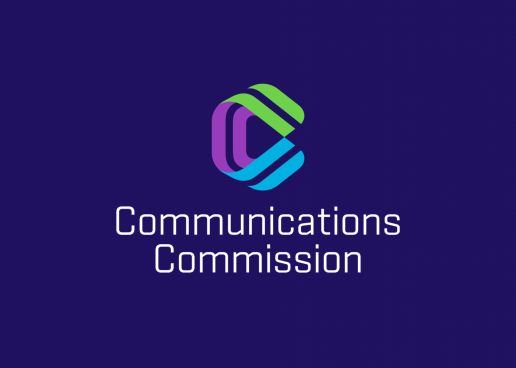ComCom Outlines Ethical Norms and Code of Conduct for Suppliers of Audiovisual Services and Video Sharing Platforms

To align with the EU's Audiovisual Media Services Directive, the Communications Commission approved a code of conduct for on-demand audiovisual media service providers, and a code of conduct for video sharing platforms. According to the normative acts, the Commission will establish ethical norms and rules of conduct for service providers based on the Law of Georgia On Broadcasting, namely: justice, right of reply, coverage of court sessions and armed conflict, and inviolability of personal life.
Furthermore, in the case of video-sharing platforms, significant attention will be paid to security mechanisms such as the development of age verification and parental control systems. Platforms of this type will also have the opportunity to develop their own rules of conduct together with other market players.
In addition, ComCom has adopted new guidelines on the definition of on-demand audiovisual media service providers with low income and/or small audience for the purposes of exemption from obligations regarding European products. Providers of on-demand audiovisual media services in Georgia are obliged by law to ensure at least a 30% share of European content in their catalogues and to give prominence to such content. However, the Commission’s guidelines state that if a service provider’s annual income does not exceed GEL 2 million, and/or if its audience does not exceed 1% of the potential consumers, it shall be categorised as a service provider with low income and/or small audience, and shall be freed from obligations regarding European products.
Based on the 22 December 2022 amendments to the Law of Georgia On Broadcasting, the Commission was instructed to adopt a code of conduct for on-demand audiovisual media service providers and a code of conduct for video sharing platform service providers. The draft changes were published on the website of the Communications Commission for a period of 1 month, during which the stakeholders were able to submit their comments and objections. Some of the feedback was shared by ComCom, while for the rest, the Commission provided the relevant justified explanations.










